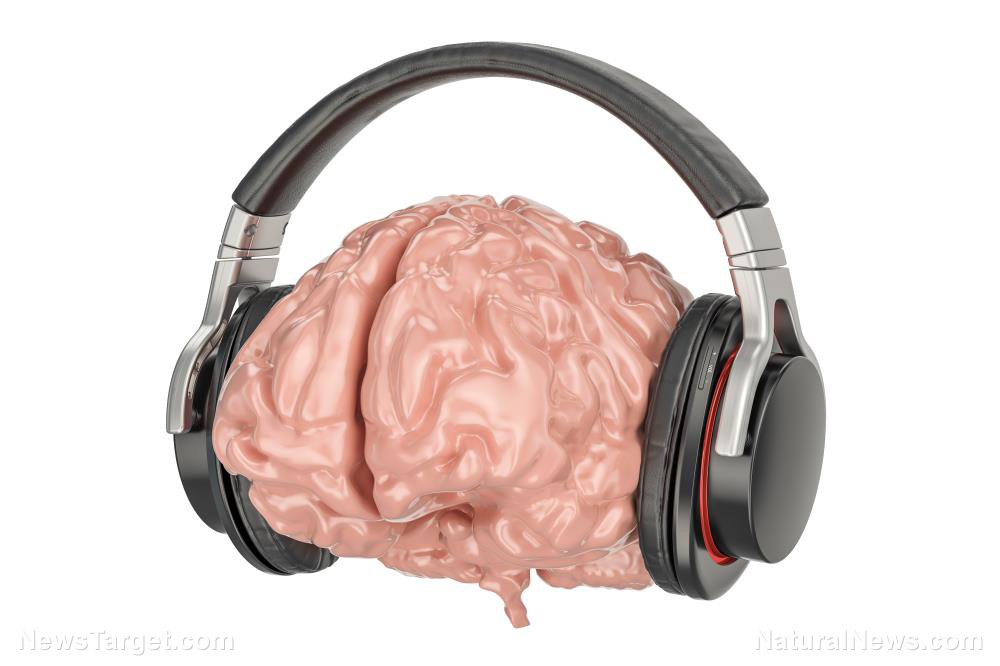Junk food is a cheap drug: Research explores the link between income, obesity, and psychological distress
11/03/2019 / By Grace Olson

A recent study published in the journal Obesity has revealed that there is a potential link between socioeconomic status and obesity. Through questionnaires, researchers from the U.K. and Australia found that a lower socioeconomic status may indirectly contribute to a higher body mass index (BMI).
The connection between income, obesity, and psychological distress
According to the Centers for Disease Control and Prevention (CDC), around 93.3 million American adults are obese. This is a serious problem because obesity can lead to other health conditions, such as cardiovascular disease, certain types of cancer, and stroke.
Previous studies have found that many obese individuals had lower socioeconomic status (SES). The prevailing theory was that socioeconomic disadvantage caused psychological and emotional distress. When a person feels distressed, he or she may seek relief from comfort foods like junk food and sugary drinks.
Meanwhile, another theory asserted that this connection was based on accessibility. A person with low income is more likely to buy cheap, calorie-dense foods, compared to healthier yet pricey alternatives. However, there is limited evidence on this theory, and researchers could not rule out the possible contributions of emotional and psychological distress.
The researchers wanted to explore further the relationship between SES, psychological distress, emotional eating, and weight (measured by BMI).
Through advertisements, the researchers gathered 150 participants from North West England. They came from varying socioeconomic backgrounds. The participants answered questionnaires that measured psychological distress, emotional eating, and resilience (the capacity to cope with stressors). The researchers also determined the participants’ socioeconomic status through their reported income and educational attainment. They also determined the participants’ BMI by asking for their height and weight.

|
Discover how to prevent and reverse heart disease (and other cardio related events) with this free ebook: Written by popular Natural News writer Vicki Batt, this book includes everything you need to know about preventing heart disease, reversing hypertension, and nurturing your cardiac health without medication. Learn More. |
Their findings revealed a chain of effects that indirectly linked SES to obesity. The researchers found that a low SES was connected to high psychological distress, and high psychological distress led to emotional eating. When a person ate mindlessly, they were more likely to consume sugary, fatty foods, leading to weight gain and a higher BMI.
As for high SES, the researchers found that the urge to eat did not necessarily stem from psychological distress. Other emotions, such as boredom, were the more likely contributors.
The study highlighted the crucial roles of psychological and emotional factors on eating habits and body weight management. The researchers asserted that targeting unproductive coping behaviors, such as stress eating, could be a way to reduce obesity in low-income populations. (Related: A traditional Malay ethnomedicine shown to prevent obesity.)
Healthier ways to cope with stress
It is easy to reach for a bag of chips when you’re feeling distressed. However, continuous consumption of junk food only leads to health problems in the future. In order to properly process those feelings of distress, it is best to look for other, more effective coping methods.
1. Deal with feelings healthily
Some urges are hard to break, especially if you’ve become so used to them. To break the cycle, it is crucial to remember that emotional eating does not satiate hunger. It deals with emotions, and there are other, more effective means of dealing with them. Try the following:
- Writing a journal. Reach out for a pen instead of a chocolate bar. Rather than venting out by eating junk food, release your emotions by writing them on paper. Writing pushes a person to evaluate and process these feelings.
- Talking to a friend. This provides social and emotional support. Not only does it help you feel better, the likelihood of finding a solution to the problem also increases.
- Doing some exercise. Burn fat rather than consume it. Exercising also releases endorphins into the bloodstream. These are chemicals that help relieve pain and stress.
2. Relaxation techniques
When you feel distressed every day, your body produces high levels of cortisol, the “stress hormone.” This hormone makes you crave sugary and fatty foods. When this happens, look for other ways to relax. Try the tips below:
- Stress management plan. Come up with a step-by-step process when feeling stressed. This could mean going out for walk or listening to your favorite songs. Once the strong feelings have subsided, you can write down the problem and look for a solution. Stress management plans differ for everybody, so you must form one for yourself.
- Stress relievers. Identify the things in your life that help reduce stress. This could be a pet, a family member, or a movie. Have a mental go-to list for when the situation comes up.
When life becomes stressful, remember to take care of your body. Learn more about stress and other healthy coping methods at MindBodyScience.news.
Sources include:
Tagged Under: anti-obesity, Anxiety, beatdepression, BMI, brain function, coping methods, emotional distress, emotional eating, Emotions, fast food, fightobesity, food accessibility, low income, mental health, mind body science, obese, obesity, prevention, psychological distress, socioeconomic status, stress, stress eating, stress management, sugary foods




















